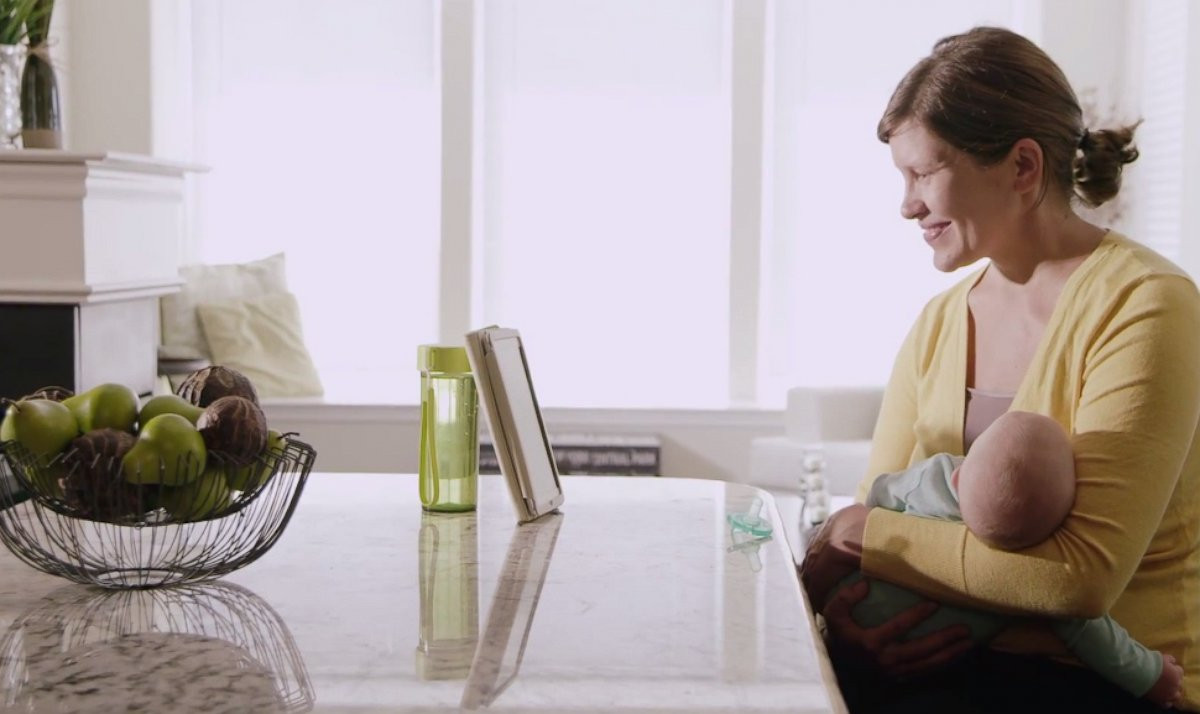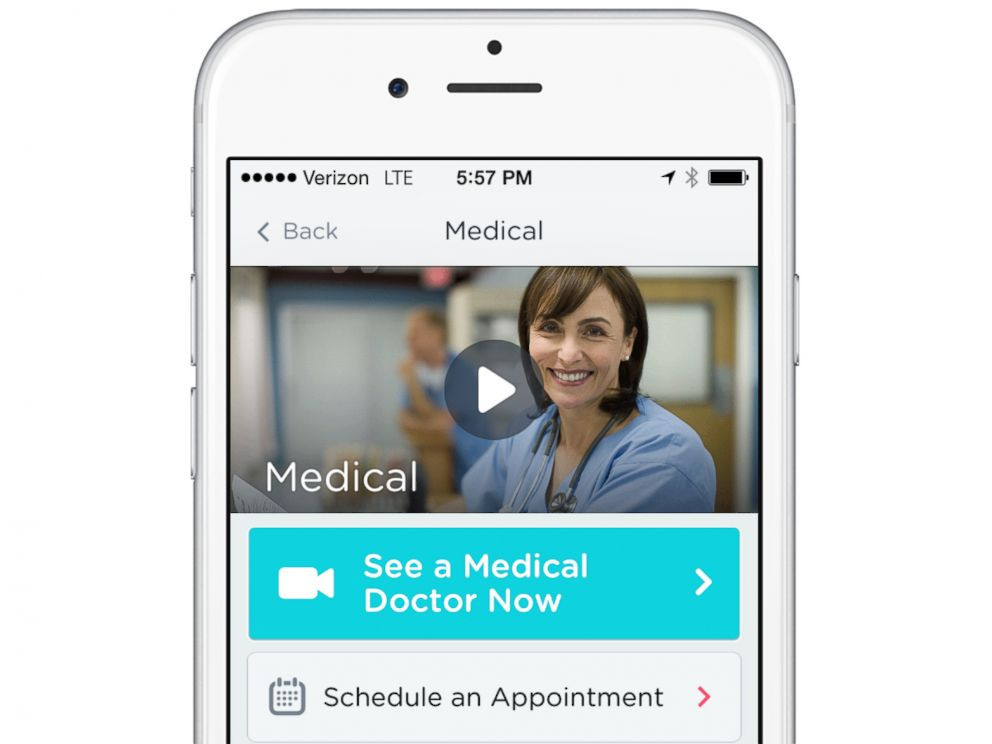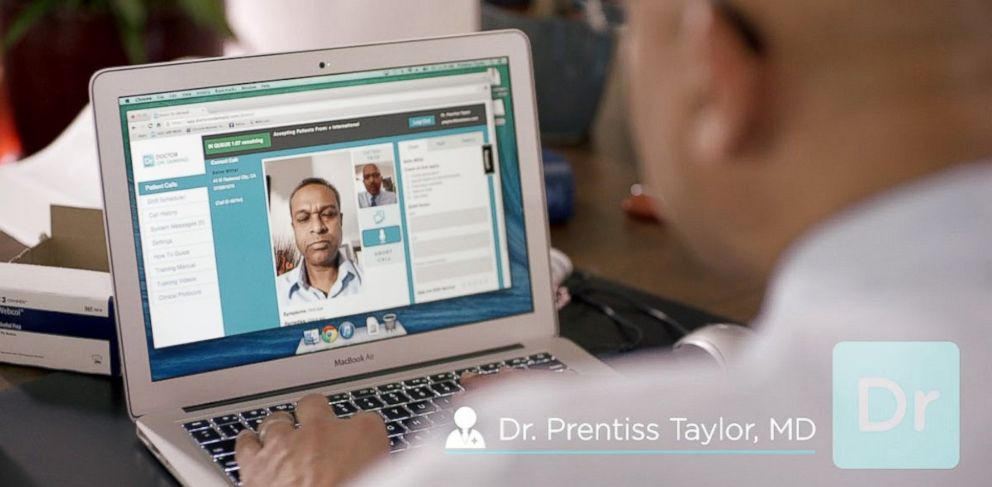While millions recognize him from his eponymous daytime talk show, and many refer to him as “Dr. Phil,” it’s essential to clarify: Dr. Phil McGraw is not a medical doctor. He holds a doctorate in clinical psychology, not a medical degree. This distinction is crucial, especially when considering his foray into the healthcare technology sector with the “Doctor on Demand” app. Phil McGraw’s background is firmly rooted in psychology and mental health, shaping his career and his approach to addressing personal and societal issues. His transition into virtual healthcare reflects a broader trend of leveraging technology to improve access to medical and psychological services, but it’s important to understand the nature of his “doctorate” when evaluating his ventures in this space.
Dr. Phil’s Credentials: Psychology vs. Medicine
The title “Dr.” for Phil McGraw stems from his PhD in clinical psychology, earned from the University of North Texas. Clinical psychology is a branch of psychology that focuses on assessing, diagnosing, and treating mental illnesses and behavioral disorders. This is distinct from a medical doctor (MD), who has undergone medical school and residency to diagnose and treat physical illnesses. While both psychologists and medical doctors play vital roles in healthcare, their training, expertise, and scopes of practice are different. Dr. Phil’s expertise lies in the realm of human behavior, relationships, and mental well-being, areas he has explored extensively throughout his career, notably on television. However, his involvement with “Doctor on Demand” places him at the intersection of technology and broader healthcare access, extending beyond traditional psychological practice.
Doctor on Demand: Bridging the Gap in Healthcare
Doctor on Demand, co-founded by McGraw, his son Jay, and Adam Jackson in 2012, is a telemedicine app designed to connect patients with healthcare professionals virtually. This platform offers video consultations with board-certified physicians, psychologists, and lactation consultants, available 24/7. The app gained significant traction by partnering with major health insurer UnitedHealthcare, expanding its reach to millions of potential users. Doctor on Demand aims to address the common inconveniences associated with traditional doctor visits, such as travel time, waiting rooms, and scheduling difficulties. It provides a convenient alternative for non-emergency medical consultations, mental health support, and specialized advice like lactation consulting. While the app does not treat chronic conditions or emergencies, it effectively caters to a range of immediate healthcare needs through virtual technology.
 Board-certified lactation consultant providing virtual consultation through Doctor on Demand app.
Board-certified lactation consultant providing virtual consultation through Doctor on Demand app.
Expert Perspectives on Telemedicine and Virtual Care
The rise of telemedicine platforms like Doctor on Demand has sparked discussions and debates within the medical community. Arthur Caplan, head of NYU School of Medicine’s Division of Medical Ethics, acknowledges the utility of telemedicine apps but cautions against viewing them as replacements for primary care. He raises important points about patient privacy, liability concerns in case of errors, and the ongoing need for quality control within these virtual provider networks. These are critical considerations as telemedicine becomes more integrated into the healthcare system.
Conversely, Dr. Seth Bokser, associate chief medical information officer for UCSF Benioff Children’s Hospital, recognizes the patient convenience offered by these services, often reflected in positive user reviews. He points out the value of telemedicine in managing minor health issues and preventing unnecessary emergency room visits for conditions like pink eye or hives. UCSF Benioff Children’s Hospital itself utilizes telehealth to enhance care continuity for existing patients, demonstrating the beneficial applications of virtual technology in established healthcare settings.
The Cost and Convenience Factor of Virtual Doctor Visits
One of the key appeals of Doctor on Demand is its transparent and often lower cost structure compared to traditional healthcare settings. A virtual medical or pediatric consultation starts at $40, significantly less than the average costs of a doctor’s office visit ($80), urgent care visit ($160), or emergency room visit ($650) as cited by UnitedHealthcare. Psychologist sessions via the app begin at $50 for 25 minutes, and lactation consultations are similarly priced. This pay-per-visit model, without subscription fees, makes healthcare more accessible and affordable, particularly for minor medical issues or quick consultations. The convenience of accessing healthcare from home, or anywhere with an internet connection, further enhances the value proposition of Doctor on Demand, aligning with modern lifestyles and technological capabilities.
 Doctor on Demand app interface on an iPhone, showcasing ease of access to virtual healthcare services.
Doctor on Demand app interface on an iPhone, showcasing ease of access to virtual healthcare services.
 Accessing Doctor on Demand platform on a laptop, illustrating the convenience of telehealth from home.
Accessing Doctor on Demand platform on a laptop, illustrating the convenience of telehealth from home.
Conclusion: Dr. Phil’s Impact on Healthcare Access
In conclusion, while Dr. Phil McGraw is not a medical doctor, his influence on healthcare is undeniable through his co-founding of Doctor on Demand. His background in psychology provides a unique perspective on patient needs and the importance of accessible mental health services, which are integrated into the app’s offerings. Doctor on Demand represents a significant step towards leveraging technology to democratize healthcare access, offering convenient, cost-effective, and timely consultations for a range of medical and psychological needs. While the debate around telemedicine’s role in the broader healthcare landscape continues, platforms like Doctor on Demand are demonstrably changing how people access healthcare, driven in part by figures like Dr. Phil McGraw who, despite not being an MD, are shaping the future of healthcare delivery.


